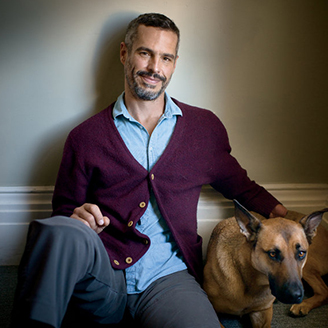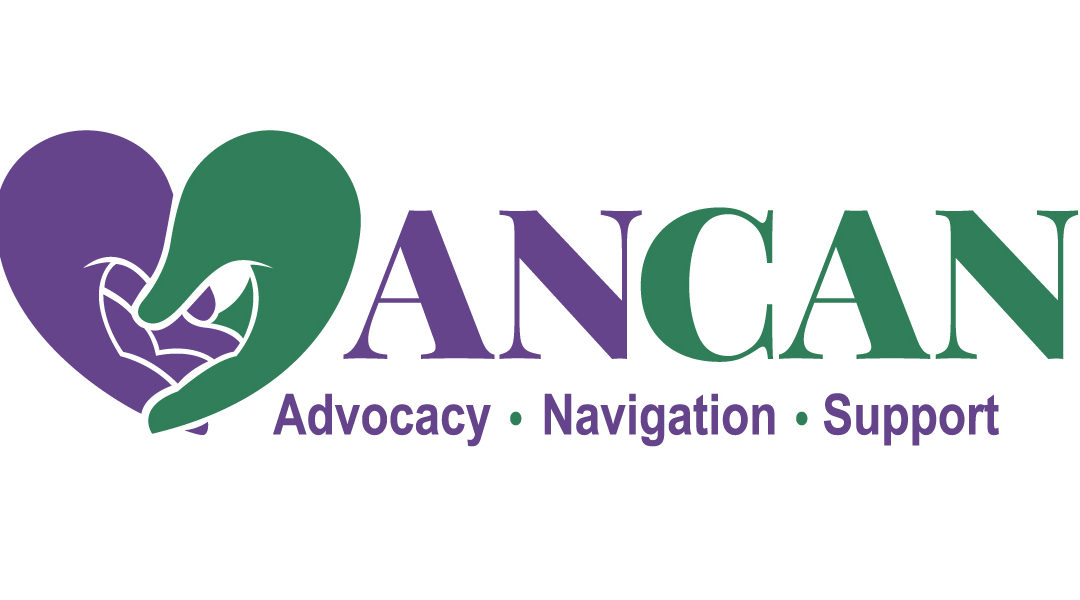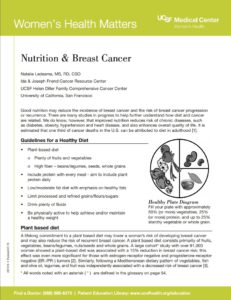
by Rick Davis | Feb 10, 2021 | Advocacy, Blood Cancers, Brain Tumors, Cancer Caregivers, Cancer Resources, Health Resources, hospice and palliative, Maui, mCRPC, MedaFit, Men 'Speaking Freely', Men's Breast Cancer, Multiple Sclerosis, nmCRPC, Nutrition, Ovarian Cancer, Prostate Cancer, Recent News, RMC, Sarcoidosis, Thyroid Cancer, Webinars, Women's Breast Cancer
Dr. B.J. Miller’s Prognosis Declaration Can Revolutionize the Quality of Your Treatment Path
One of the most compassionate, influential and remarkable docs I have had the great fortune to encounter since I got into this biz, is Dr. BJ Miller. We are honored to have BJ on our Advisory Board, and while we rarely speak live, I consider him a friend.
More significantly, a couple of men lost to this disease who I have known well, welcomed BJ to their medical teams …. and he made a huge difference to them. In a recent webiinar “Making Medical Decisions”, BJ shared a revolutionary document with us ….BJ’s Prognosis+Declaration
All too often medical teams put their foot in their mouth …. and sometimes unwittingly yours, when they provide an unrequested prognosis for your situation. Some may want to know how serious their disease is .. or how long they have to live; others frequenbtly do not. The Prognosis Declaration offers four (4) options from knowing everything to knowing nothing, or maybe having your caregiver know but not you. You determine what you want to hear, and you give the Prognosis Declaration to your medical team upfront ….. brilliant! The form was developed by one of BJ’s patients who lost his wife to cancer.
The whole webinar, Managing Your Medical Decisons, can be heard here – it’s truly worth a listen.
Dr. Miller, btw, now runs his own non-profit organization The Center for Dying and Living. For many years he has been on the clinical and teaching faculty at UCSF. BJ’s remarkable TED Talk, ” What Really Matters At THe End of Life” now boasts over 12 million views.

by Rick Davis | Jan 10, 2021 | Recent News, Advocacy, AYA, Blood Cancers, Brain Tumors, Cancer Caregivers, Cancer Resources, Health Resources, Maui, mCRPC, Men 'Speaking Freely', Men's Breast Cancer, Multiple Sclerosis, nmCRPC, Nutrition, Ovarian Cancer, Prostate Cancer, RMC, Sarcoidosis, Thyroid Cancer, Women's Breast Cancer
Our Board Chair and long time moderator, Peter Kafka, tells us how he fortuitoulsy got his Covid vaccination last week. For the first time, Peter adds the High Risk/Recurrent//Advanced Prostate Cancer Group to his Moderation repertoire this week.
POKEY MAN
i just returned this morning from getting my initial Covid-19 Moderna vaccination. Happy to report that it was an uneventful event. My anxiety level was increasing in recent days as our positive cases began to tick up considerably out here on little Maui in the middle of the Pacific ocean. Information here is slow to filter down and when I inquired about the shot I was tole that it would be some time in April or May since I was not yet 75 years old. Then, I got a surpise call from the Pacific Cancer Foundation which I volunteer for in a support and advocacy capacity and they told me that they could get me into their priority group today.
I am certainly not bragging about the above, but I mention it because there was absolutely no hesitation or concern in me about going forward with the vaccination. In the past 7-years I have been poked and scoped and proded more times then I can count. This kind of comes along with signing up for medical treatment for advanced prostate cancer. I understand that there may be as many as 40% of Americans who may decline getting a Covid-19 vaccination according to polls and predictions. And this is a personal choice in our society. But I doubt that those of us who find ourselves in this subset of Prostate Cancer guys would be so reluctant.
Over the years I have met men who chose not to enter into any kind of treatment for their more advanced prostate cancer diagnosis. Some of these men are still around and others not. I always wrestle with what my role is in this decision. I can encourage, I can strongly suggest that someone at least consult with a doctor who might be more pursuasive than me, and most of all I can point to myself as an example of a man who has not suffered from a host of medical treatments thus far. But in the end everyone must live or not with the decision they make.
The other day we had an AnCan Webinar with Dr. Jonathan Epstein, the go-to pathologist at Johns Hopkins for second opinions. He mentioned that he does actually consult with some of the men who reach out to him. This brought a smile to my face when I recalled a good friend who was leaning toward his own alternative treatments for his GL-4+3 diagnosis. I encouraged him to get a second opinion from Dr. Epstein. On his own he called the office and Dr. Epstein listened politely for 10 minutes while my friend described his alternative treatment protocol. Dr. Epstein responded, “That is all fine and good and you can continue with that protocol but you need to know that without medical intervention this disease can kill you!” That was all it took, a few weeks later he was getting radiation and he is doing fine and we are best of friends.
by Rick Davis | May 8, 2019 | Nutrition, Brain Tumors, Cancer Caregivers, Men's Breast Cancer, Prostate Cancer, Women's Breast Cancer
The Memorial Sloan Kettering kitchen suggests three healthy, very easy to prepare recipes with a Southwestern twist – watch here and look them up here:
- Oven-prepared chicken fajitas
- Black bean, quinoa salad
- Egg cups
And for a bonus, responses to questions regarding nausea, neutralizing that metallic taste and more – enjoy!!
by Rick Davis | Jan 30, 2019 | Exercise, Brain Tumors, Cancer Caregivers, Nutrition
Exercise & Cancer: Cancer Network Slide show
How Exercise May Lower Cancer Risk – NYT
Maximizing the Benefits of Exercise in Patients With Cancer (ASCO)
Exercise Cuts the Risk for Many Cancers -JAMA
Exercise Intervention Improves Fatigue, Other Outcomes in Cancer Patients*
*Requires free sign-up to Medscape
For a comprehensive list detailing the benefits of exercise for other conditions and specific cancers, please click here for the full list from MedaFit.
by Rick Davis | Jan 30, 2019 | Exercise, Nutrition, Webinars
Click here for more information.
Donna Wilson, a clinical nurse specialist and fitness expert at Memorial Sloan Kettering’s Integrative Medicine Center, urges cancer survivors to include regular physical activity in their post-treatment plan.
Studies have shown that regular physical activity – including aerobic activity, weight training, core exercises, and stretching – can help to reduce the impact of cancer treatments on bones, muscles, energy level, and mood. Exercise has also been shown to increase survival and decrease the risk of a cancer recurrence.
In her practice, Ms. Wilson assesses each patient’s fitness level before developing a customized physical activity program. In this video, she demonstrates a variety of techniques that patients and survivors can use to improve breathing, flexibility, muscle strength, and balance.
by Rick Davis | Jan 30, 2019 | Men's Breast Cancer, Nutrition, Women's Breast Cancer
Click here to see the complete pamphlet




